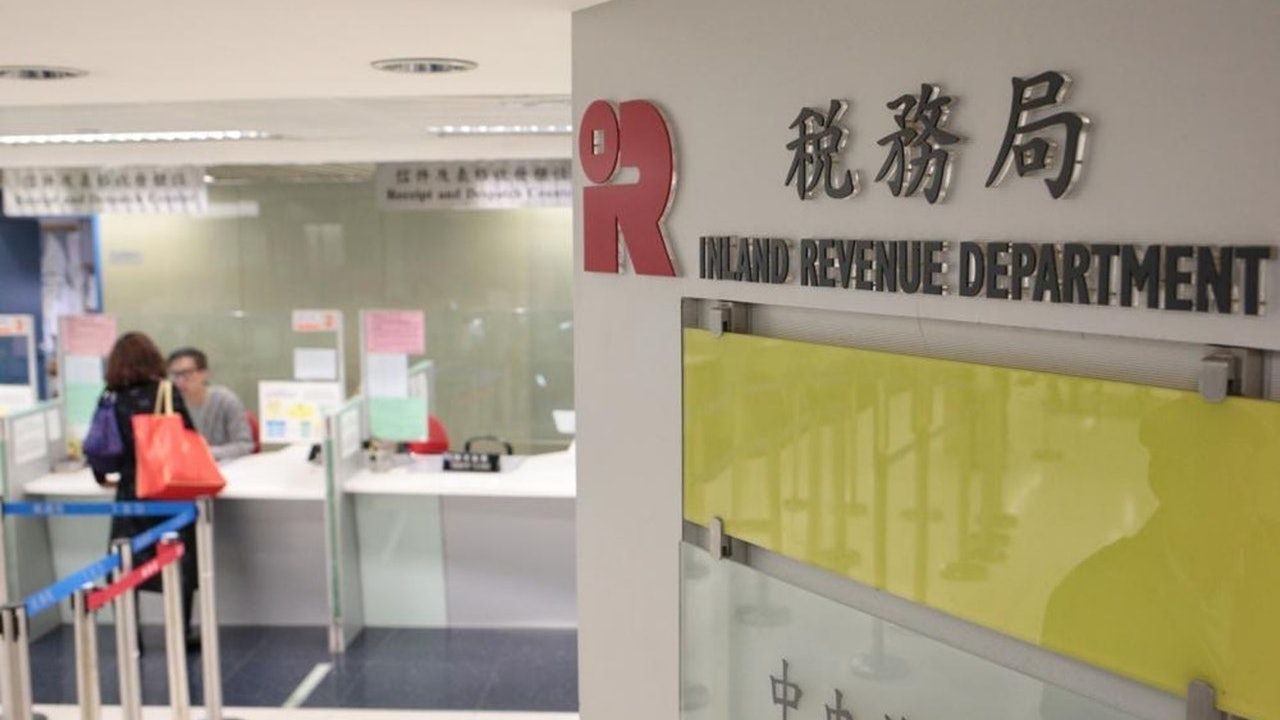Financial Secretary Paul Chan, who is busy consulting on the next year's Budget, recently wrote in his blog about the preliminary assessment results of the International Monetary Fund's (IMF) delegation's regular assessment of Hong Kong.
He focused on the parts that the delegation agreed with Hong Kong’s policies to stimulate economic recovery under the epidemic, but he did not mention the other negative observations that were longer in length, such as the “zero-clearing” policy that led to the uneven pace of industry recovery, and those in need. There is a suspicion of "reporting good news but not bad news" because of insufficient targeted support.
When the IMF delegation concluded its assessment, it also specifically mentioned that Hong Kong "is necessary to carry out comprehensive tax reform in the medium term in order to meet long-term fiscal needs, build buffers and make the system more equitable", and listed a number of specific tax proposals in this regard, including Introduce value-added tax, increase the amount of taxable goods, increase the personal assessment rate of the highest income group, and introduce capital gains tax and dividend tax.
The reason why Chen Maobo chose to avoid mentioning this part of the content may reflect that he does not pay much attention to the tax reform work.
The reason why Hong Kong needs to carry out tax reform is not just to increase tax revenue as the main goal, but to practice fairness and justice in the tax system.
(File photo/Photo by Ou Jiale)
Addressing local structural challenges through tax reform
In fact, this is not the first time that the IMF delegation has criticized the SAR government for making more efforts in the tax system. As early as the end of 2016, before Chen Maobo took office, it had pointed out that the Hong Kong authorities "may need to implement measures that will help widen the tax base." In the past few years, plans have also been made to introduce indirect taxes and raise the personal assessment rate.
It is a pity that probably because the Hong Kong government has been persuading it all the time, the wording of this year's summary is heavier than in the past, and even more types of taxes are proposed over the years.
On the other hand, as pointed out in this year's assessment summary, Hong Kong's fiscal policy "should also address the structural challenges posed by an ageing population, income inequality and insufficient supply of public housing in order to promote inclusive economic growth".
The tax reform and a series of other measures proposed by the delegation are actually aimed at helping the Hong Kong government maintain the social safety net and medical services in the future, accelerate the digital transformation of labor through education and training, and increase investment in public housing and related infrastructure. This attitude coincides with the initiatives of many local public opinion, including "Hong Kong 01".
Chen Maobo's blog claimed that the opinions he received at several "Budget" consultations recently agreed that Hong Kong needs to "promote the inclusiveness and sustainability of economic development" and "make every effort to speed up the resolution of conflicts accumulated over the years", and he In the Budget speeches of the past two years, it has also been foreshadowed to consider opening up new revenue sources or adjusting tax rates, and today the IMF reiterated its support for such an approach.
Under the premise of such a combination of internal and external opinions, there should be no reason for him to refuse to initiate comprehensive tax reform.
The government is not at ease about additional recurring expenditures and needs to open up new sources of income, so should Hong Kong society start discussing tax reform?
(File photo/Photo by Luo Junhao)
Global minimum tax burden needs timely legislation
In addition to the consideration of increasing revenue sources and fiscal sustainability, Hong Kong has another reason why it has to implement tax reform as soon as possible, and that is the responsibility for international tax cooperation with the lowest corporate tax rate in the world.
In July last year, the Organization for Economic Cooperation and Development and the G20 issued a "Statement on a Dual-Pillar Approach to Addressing the Tax Challenges of the Digital Economy", which has indicated that tax jurisdictions participating in this action should complete legislation on relevant provisions in 2022, so that they can It will come into effect in 2023, in other words, the remaining time is less than a year.
However, in the "Policy Address" issued by Chief Executive Carrie Lam in October, which listed the legislative proposals to be submitted to the new Legislative Council, there was no item on the world's lowest corporate tax rate.
As for the BEPS2.0 Advisory Group, which is responsible for following up on the matter, the government has said that the group will give specific recommendations after the OECD has finalized the model rules. However, it has been more than a month since the model rules were issued in December last year. If any work progress is disclosed, it is really worrying whether it will be able to complete the task in time.
The background information document for the consultation on the Budget for the next financial year mentioned that "it may be necessary to consider opening up new sources of income, and it is also necessary to fulfill international tax obligations and make tax measures in line with international standards." This has been repeated in the Budget speech.
We hope that this year the Financial Secretary can really start to discuss solutions to the problem, because there is not much time left for both of the deep-seated challenges in Hong Kong and the trend of international tax cooperation.
Precise bailout means justice and fiscal stability and tax reform. The Hong Kong government should no longer overestimate the deficit and avoid tax increases.



/cloudfront-eu-central-1.images.arcpublishing.com/prisa/RK3AI2H26NFTRJ3VH3EVPP573E.jpg)



